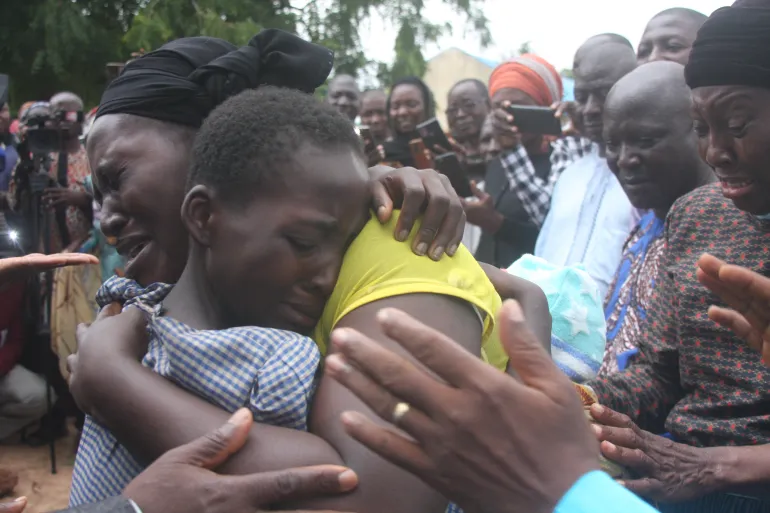The Senate spokesperson, Yemi Adaramodu, has reaffirmed that the Federal Government did not pay ransom to secure the release of schoolchildren and other abducted victims in Kebbi and Niger. He addressed the issue during an interview on Channels Television, noting that recent rescue operations have drawn public criticism because there were no clear signs of confrontation between security forces and the kidnappers.
Adaramodu explained that rescue efforts can take different shapes, and the public should not expect security agencies to disclose sensitive details. He stressed that the absence of images, bodies, or evidence of a gun battle does not mean there was no military pressure. According to him, abductors often release captives once they sense that security forces are closing in.
Concerns about intelligence failure resurfaced after gunmen stormed two schools in Kebbi and Niger states, leading to renewed debate on government readiness and response mechanisms. The Senate has set up an ad-hoc committee to investigate the Kebbi incident. Early reports from state officials indicate that soldiers assigned to guard the school left their duty post shortly before the attackers arrived.
Read Also:
- Tinubu orders 24-hour aerial surveillance in Kwara, Kebbi forests
- IGP Egbetokun lands in Kebbi as search intensifies for abducted Schoolgirls
- Amnesty International accuses FG of failing children after bandits attack schools in Kebbi, Niger
Adaramodu also confirmed that the committee will examine the circumstances surrounding the death of Brigadier General Musa Uba, who was involved in operations against banditry. His death has raised fresh questions about the dangers faced by security personnel deployed to troubled regions.
The senator maintained that security agencies are not expected to provide a public breakdown of their methods. Their responsibility, he said, is to rescue victims and return them safely to their families.
He added that the National Assembly will continue to demand accountability while supporting the armed forces in the broader fight against insecurity.






